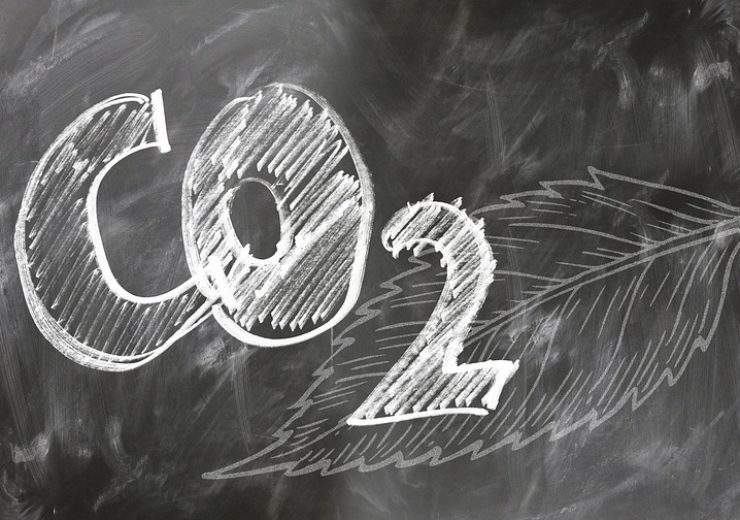A complaint against renewable energy supplier Good Energy has been upheld after it claimed the electricity it supplied produced 0g of CO2

Credit: Max Pixel https://bit.ly/2A6GHhK
Renewable energy provider Good Energy has been found to be in breach of advertising regulations after claiming the electricity it supplies produces no carbon dioxide.
The statement on the company’s website was made despite 18% of Good Energy’s fuel mix coming from biogeneration – which produces CO2 when burned.
A ruling from the UK’s Advertising Standards Agency (ASA) found the claim to be misleading after interpreting the statement to mean that “all of the energy that Good Energy bought and generated was from sources which did not produce any net CO2 over their full life cycle”.
The claim has since been altered.
Why was there a complaint about the Good Energy advert?
The claim by Good Energy was made in September 2017 in a section describing its fuel mix.
It stated: “At Good Energy, we believe the UK can be powered purely by renewables.
“We source all our electricity from renewable sources like solar power, wind power, hydroelectric power and biofuels. We always have done and we always will.”
The company featured a graphic stating its fuel mix was 100% renewables, which it compared to the UK average fuel mix, and said its electricity supply “contains “0g of CO2 and no radioactive waste”.
The ASA watchdog received one complaint from someone who believed the 0g claim was misleading.
This was denied by Good Energy, which said consumers would understand this claim to mean that the “net emissions of CO2 from the generation was zero”.
In its ruling to uphold the complaint, the ASA said: “We understood biomass was classed for fuel mix disclosure purposes as carbon-neutral on the basis that any CO2 emitted in its creation would be offset by reseeding and reforestation.
“This did not, however, take into account the CO2 emissions from other parts of the full life cycle of the process, such as production and transportation.
“We understood that, although the level of carbon emitted would vary, in general over its full life cycle, biomass energy production was not carbon-neutral.”
The ASA said the advert must not appear again in its current form and told Good Energy it could not make a similar claim unless it had evidence of no net CO2 emissions throughout the entire life cycle of the product.
Its ruling released today (2 January) updated the wording of an initial assessment in February last year.
How Good Energy offsets its CO2 emissions
Wiltshire-based Good Energy still makes claims on its website about its environmental credentials because the company goes to efforts to offset any CO2 produced.
One of these is through biomass, which releases gases naturally when waste rots.
“At Good Energy, we ensure that all the electricity we sell to customers each year is matched 100% with electricity sourced from renewables,” it says.
“If you look at the entire cycle of bioenergy, it can be a zero-carbon and sustainable source of energy.
“If this happens in the absence of oxygen, such as when buried deep in landfill, it creates methane which is a very damaging greenhouse gas.
“Instead of allowing methane to vent into the atmosphere, the bioenergy process captures it and burns it – converting it into carbon dioxide and water vapour which is much better for the environment.”
Good Energy also claimed its calculations of CO2 emissions were consistent with the recommendations of the World Resources Institute and that its greenhouse gas protocol guidance provided “global standards for companies reporting their greenhouse gas emissions”.

Similarly, the emissions produced by the biogas used by Good Energy customers is offset and “neutralised” through verified carbon-reduction schemes in Vietnam, Nepal and Malawi – which it claims “bring many economic, social and health benefits to the local communities involved”.
Its bioenergy procurement policy also stipulates that:
- Bioenergy must come from waste or sustainable sources
- Land must be used sustainably, respecting natural habitats and biodiversity
- Energy crops must not impact food production
- Animal welfare must be respected
- Transportation of biofuels should be minimised
- Biofuel generators should be highly efficient and able to put waste heat to good use
- Impacts on air quality must be appropriately managed
- Green Gas must be certified under the Green Gas Certification Scheme
Good Energy owns and operates two wind farms, seven solar farms and supports the Swansea Bay tidal lagoon project in Wales.


